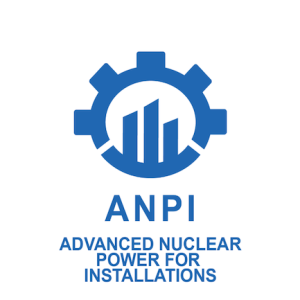Kori 1, Korea's oldest nuclear reactor, will be shut down permanently, the Nuclear Safety and Security Commission (NSSC) ruled on 9 June.
It will be the first ever plant Korean nuclear plant to be officially closed.
The operation of the reactor will be suspended on 19 June, the JoongAng Daily (Chungang Ilbo) website reported. Its disassembly will begin in 2022 after Korea Hydro & Nuclear Power Co (KHNP) completes the transfer and storage of its nuclear fuel. The Korea Institute of Nuclear Safety (KINS) suggested that Kori 1's cooling system should be reinforced before removing the fuel.
Construction of Kori 1, a 576MWe pressurised water reactor began in Busan in 1971, and commercial operation started in 1978. It had a design life of 30 years but the government decided in December 2007 to extend its service for 10 more years until 2027. A blackout at Kori 1 in 2012 raised concerns that the plant might be unstable. During the 10-minute blackout, the emergency diesel generators failed to work and the fuel and coolant overheated. A team of International Atomic Energy Agency safety experts found a number of faults, including "an inability to counter the errors in handling the station blackout event and subsequent leadership failures in communication and reporting”. The report said that the plant's "internal oversight system failed to reveal the station blackout event”.
In August 2015, KHNP announced that it had withdrawn its application to extend the unit's operating licence. In June 2016, the company applied to decommission the reactor. Dismantling is expected to take 10-15 years.
Photo: Kori 1 (Credit: KHNP)






